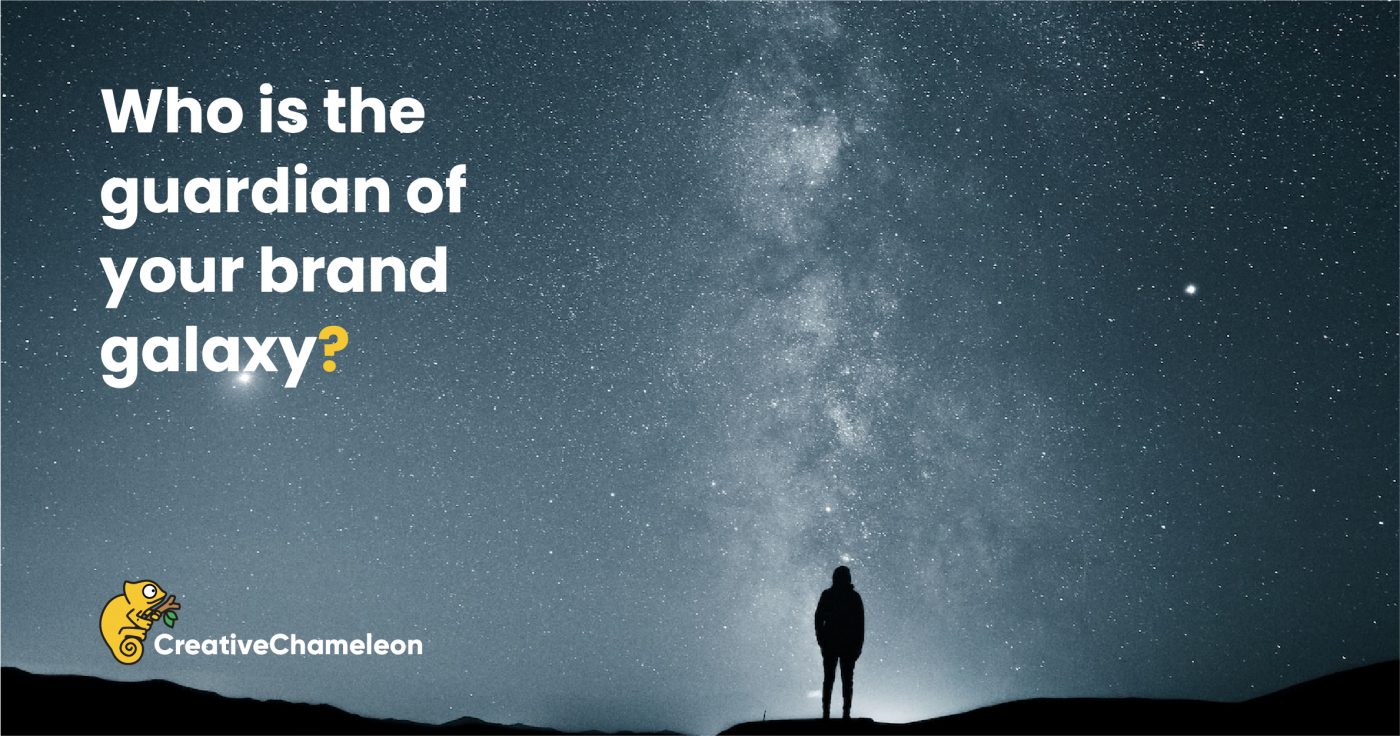Considering the significant cost involved in creating and building a brand in today’s fast-moving environment, is it more important than ever to have a Brand Guardian.
Who is a ‘Brand Guardian’?
It is a relatively new buzz word to describe the people who are responsible for ensuring the protection of consistency, quality of messaging and creative execution of the brand.
As a business grows and scales, this position becomes more vital to build and maintain a cohesive framework. If this does not exist the brand can get damaged by inconsistency, and the market can lose clarity on what the brand stands for (find out more about “what is a brand?” here).
So who should be your Brand Guardian?
Many use their marketing and design agency as their guardian, which is an excellent idea as they are experienced and can provide a stable, external perspective. It is also crucial that the Brand Guardian can have a holistic view of activities and campaigns.
However, it should be a partnership between the agency and company. The brand should represent the in-depth culture and day-to-day operations of the company, which can be difficult for an agency to execute single-handedly.
So why is it essential to have a Brand Guardian?
- Consistency – it is vital to achieve brand cohesion across all media. Having a consistent brand identity ensures your audience see the company as strong and stable, which helps to build trust, confidence and typically results in a stronger audience connection.
- Save money – adhering to clearly defined guidelines results in continuity when new elements of collateral are created, saving time and money.
- Scaleability – the brand will be used across a range of materials and a vast array of mediums — consistent brand guardianship ensures a smoother extension of the brand when required.
What do you need to ensure strong brand guardianship?
- Frequent reviews – it is crucial to perform brand audits regularly. These are opportunities to stand back from the brand and ensure the guidelines are being followed consistently whilst identifying if there are any improvements which could be made. It can also be an excellent time to undertake a competitor analysis.
- Guidelines – all brands should have identity guidelines. These should outline all of the key elements of the brand, including; logos, colours, fonts, imagery and usage policies. Brand guidelines should be updated in-line with the reviews. Bear in mind that guidelines can’t always take in to account the new ways in which a brand could be successfully used; this is where your agency and reviews come in.
- Brand champions -Internal Brand Champions can act as the first port of call when content is being drafted and will help to maintain brand consistency. Your agency will naturally be a Brand Champion and can be leaned on for a higher level of experience and to tackle new brand challenges whilst provide professional advice.
Your brand is one of the most powerful tools you have at your disposal. Build and use it correctly, and you will reap the rewards. Effective brand management will also ensure the brand works harder, making you more competitive and successful.


